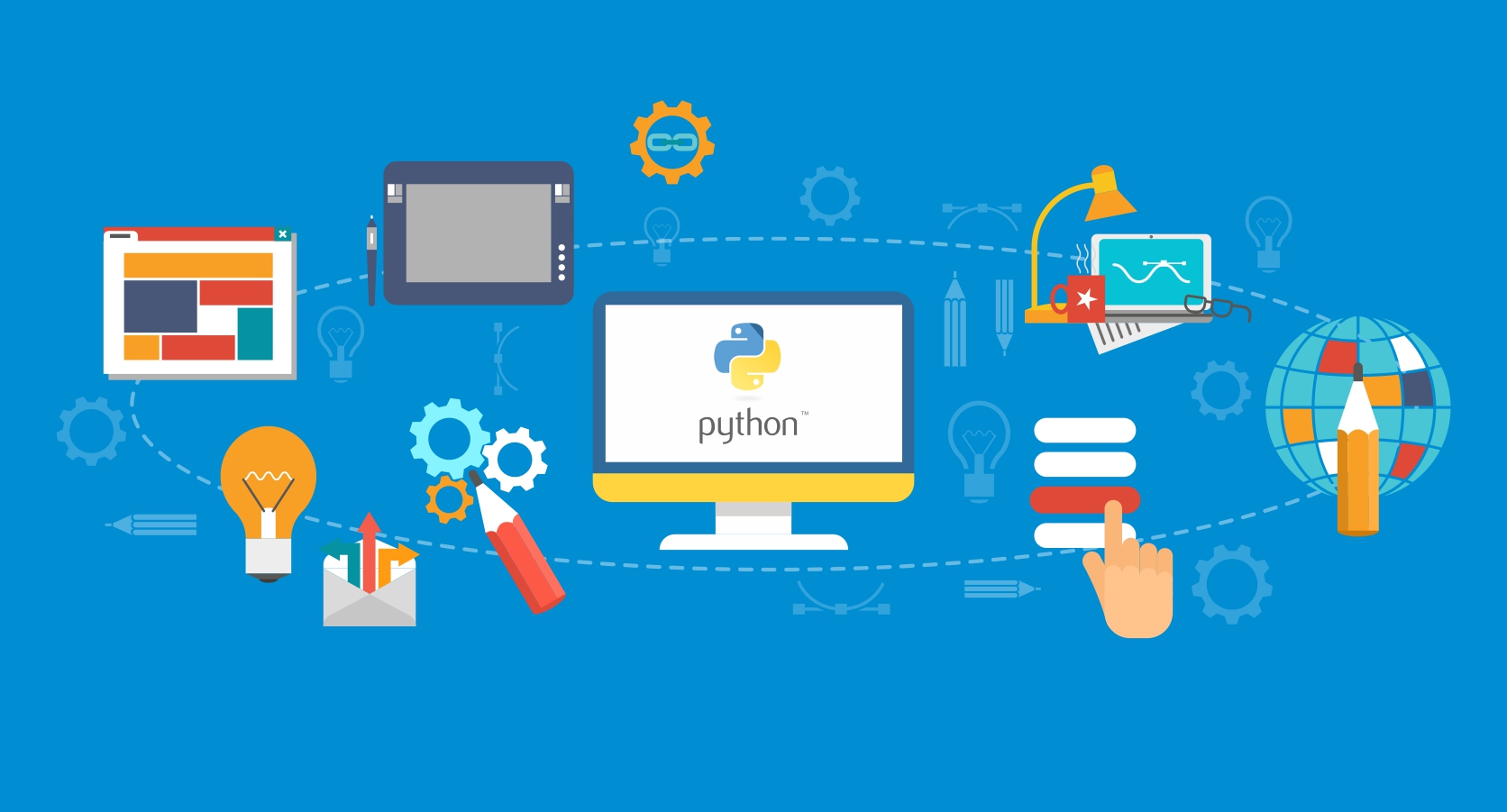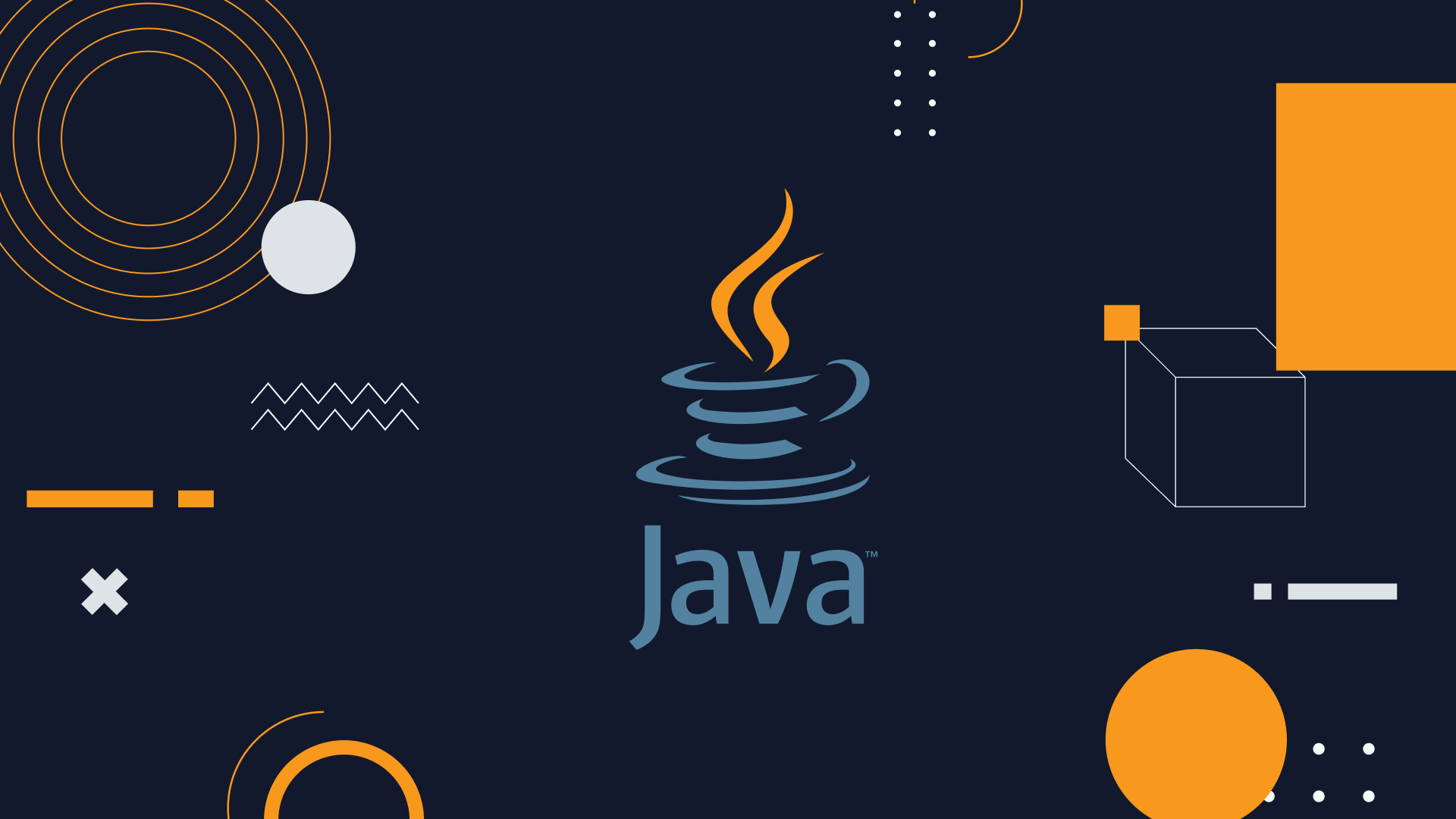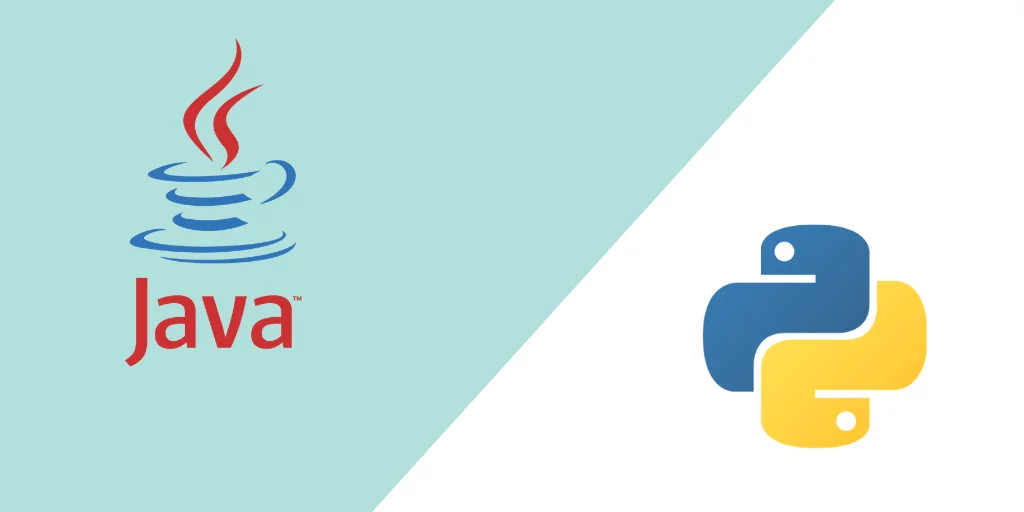Picking the right programming language can feel overwhelming, especially for beginners. This guide explores Java and Python, two of the most popular languages for software development. Both have been around for a long time and vie for the top spot. So, the question remains: Java or Python: Which should you choose?
While both languages constantly evolve to offer developers the best tools, key differences set them apart. This article will break down their strengths and uses to help you make an informed decision between Java and Python.
What is Python?
Python is a beginner-friendly, high-level programming language designed for clarity and flexibility. Developed in 1991, it emphasizes code readability, allowing programmers to express ideas with fewer lines. This, coupled with its vast library collection – from simple charting tools to advanced machine learning frameworks like TensorFlow – empowers developers to jump-start projects without reinventing the wheel.
Python’s ease of use makes it ideal for both beginners and seasoned programmers. It allows rapid prototyping and fosters collaboration through its clear syntax. This user-friendliness has fostered a large and active community that continuously contributes solutions and expands the language’s capabilities. Python excels in data manipulation with libraries like Pandas and Dask, and its visualization tools make it suitable for building desktop applications, web apps, servers, and various other software.
What is Java?
Introduced in 1995, Java is a general-purpose programming language that utilizes object-oriented concepts to structure code. Unlike Python’s dynamic nature, Java is statically typed and compiled, meaning code is checked for errors before execution. This approach enhances performance and stability, making it suitable for optimizing web experiences with features like video and animation integration.
Similar to Python, Java boasts a large and supportive community, along with a wealth of pre-written libraries for various tasks. The Java Virtual Machine (JVM) acts as an interpreter for compiled Java code, ensuring compatibility across different operating systems. This server-side language is a strong choice for web development and applications requiring asynchronous programming.
What Can You Build with Each Language?
Java is everywhere! With its ability to run on a wide range of devices, from Windows PCs to smartphones, Java is a popular choice for building software applications. Big companies and organizations use Java for custom programs and systems, making it a reliable technology for businesses of all sizes. Many familiar applications, like Spotify and Minecraft, are built with Java.
Python, on the other hand, excels in fields like data science and artificial intelligence. Its easy-to-learn nature makes it ideal for quickly developing applications in these areas. Python is also a favorite for web development and is used by popular platforms like Netflix and Dropbox. Even some video games, like those created with PyOpenGL or Kivy, leverage the power of Python.
Making the Choice: Java or Python
Choosing between Java and Python can be tricky because both languages offer advantages and disadvantages. They can both be used for tasks like interacting with APIs and building machine learning models. However, there are key differences to consider when making your decision.
Speed and Performance
Java, a statically typed language, benefits from the Java Virtual Machine (JVM) which efficiently converts bytecode into machine code for faster execution. Python, on the other hand, relies on tools like Jython and Cython for faster code execution, which essentially translate Python code into Java bytecode or C/C++. While both languages utilize virtual machines for bytecode execution, Java’s static typing streamlines the compilation process, leading to generally faster and more error-free code.
Code Readability
Python is known for its concise and clear syntax, which reduces unnecessary code and simplifies application maintenance. Java, while offering new features to ease development through structured modules, can be more time-consuming to work with. As a result, Python often takes the crown for readability.
Standard Library
Python boasts a vast standard library with over 130,000 libraries covering various tasks like text processing, image manipulation, web development, and testing frameworks. Java’s standard library offers a smaller selection of tools.
Machine Learning
Python’s easy-to-learn syntax makes it a popular choice for both beginners and seasoned developers venturing into machine learning. Its extensive collection of free, well-developed libraries further fuels its popularity in this field. Java, while known for easy debugging and large-scale application capabilities, isn’t as widely used in machine learning.
Game Development Engines
While C++ and C# dominate PC game development, Python offers an alternative approach. Java, on the other hand, finds more use in mobile game development as the official language for Android applications. Ultimately, the “better” option depends on the specific game development needs.
Conclusion
Java and Python are both versatile programming languages with large communities around the world. Despite being around since the 1990s, they can create programs for various uses, from games and web applications to scientific simulations.
For beginners, Python might be a smoother start due to its simpler syntax. However, Java shines when it comes to building mobile applications, particularly for Android devices. With its strong foundation, Python has a promising future.
The ideal option ultimately depends on the requirements of the project. Both Java and Python have their advantages and disadvantages. Consider your goals and requirements carefully before selecting the language that best suits your project.
With the right tools and expertise, both Java and Python can be game-changers. ONextDigital’s solutions can seamlessly integrate with your chosen language, streamlining your operations and boosting your marketing efforts. Let us help you harness the power of code, no matter if you choose Java or Python. Contact us today and unlock your full potential!







